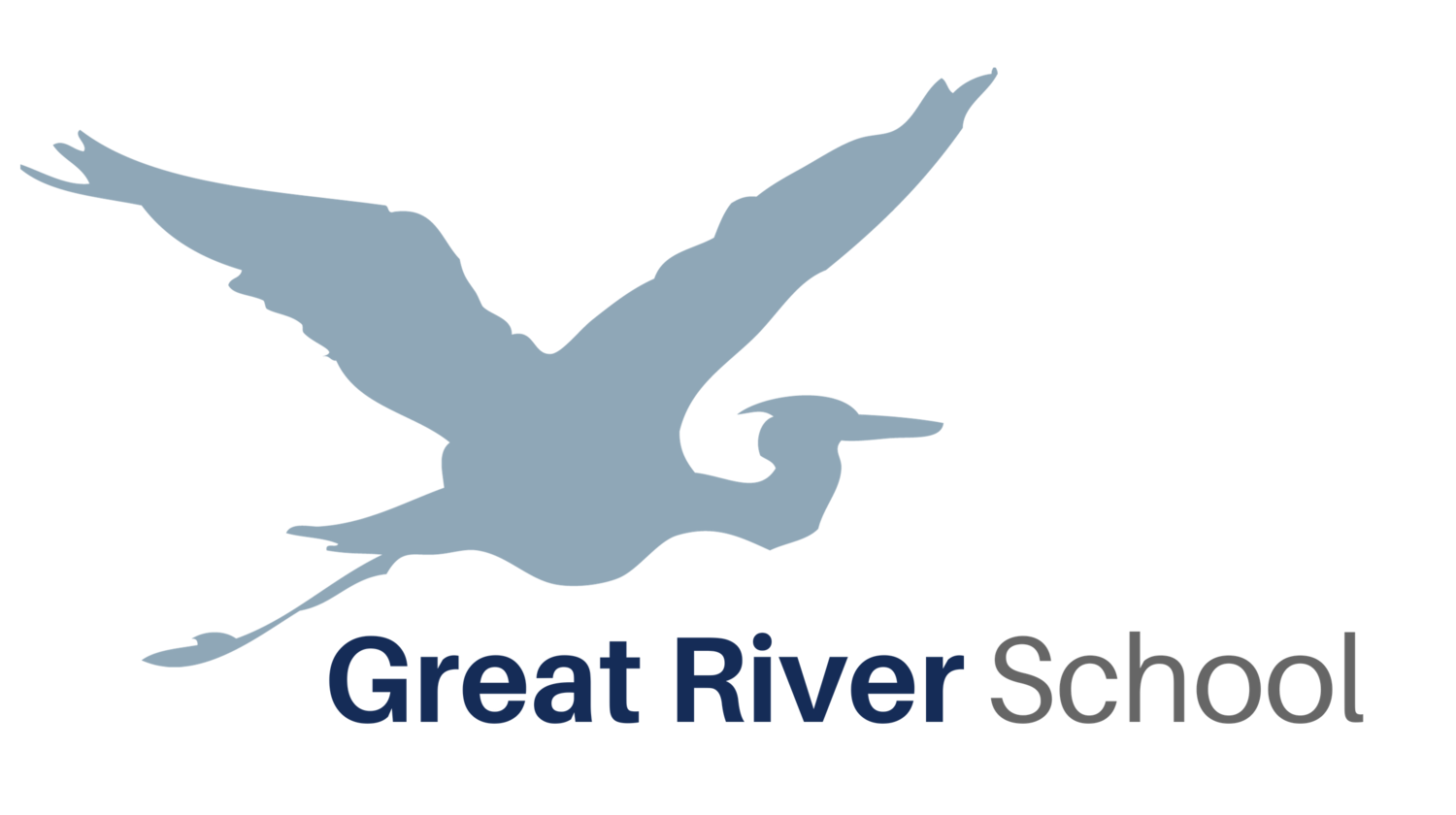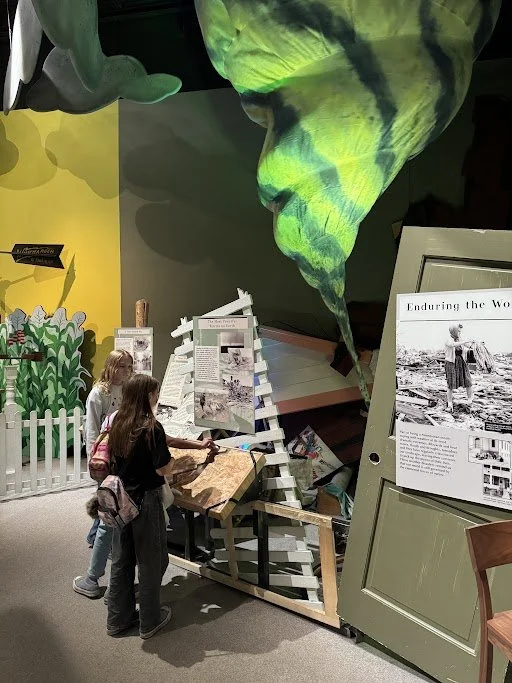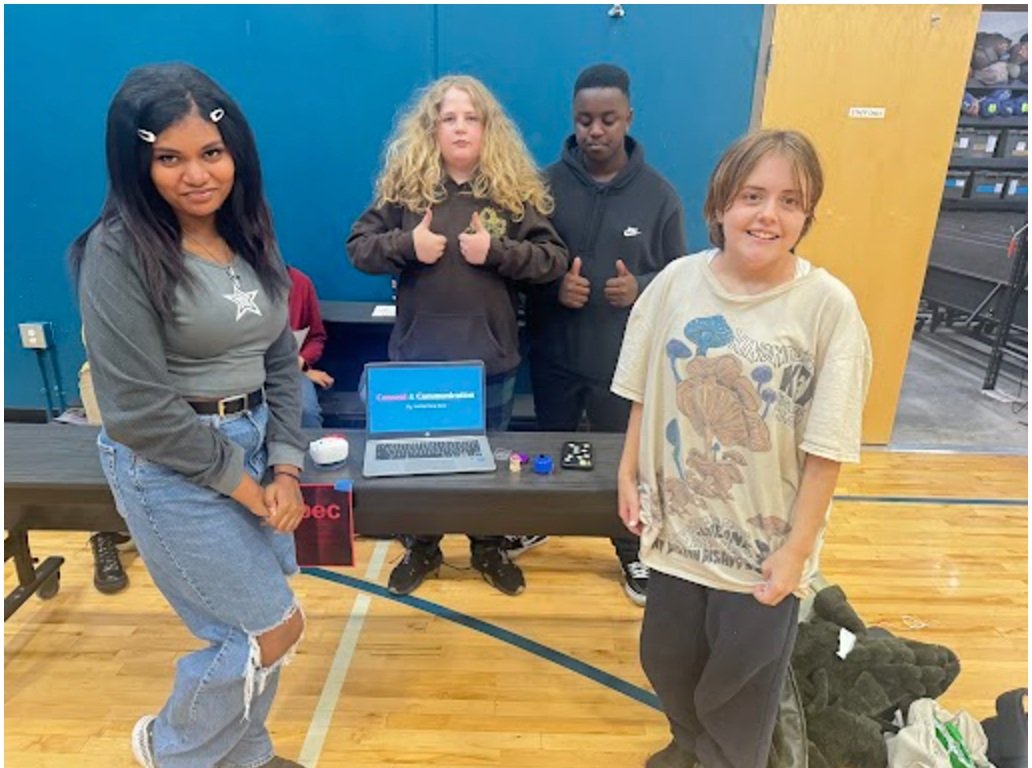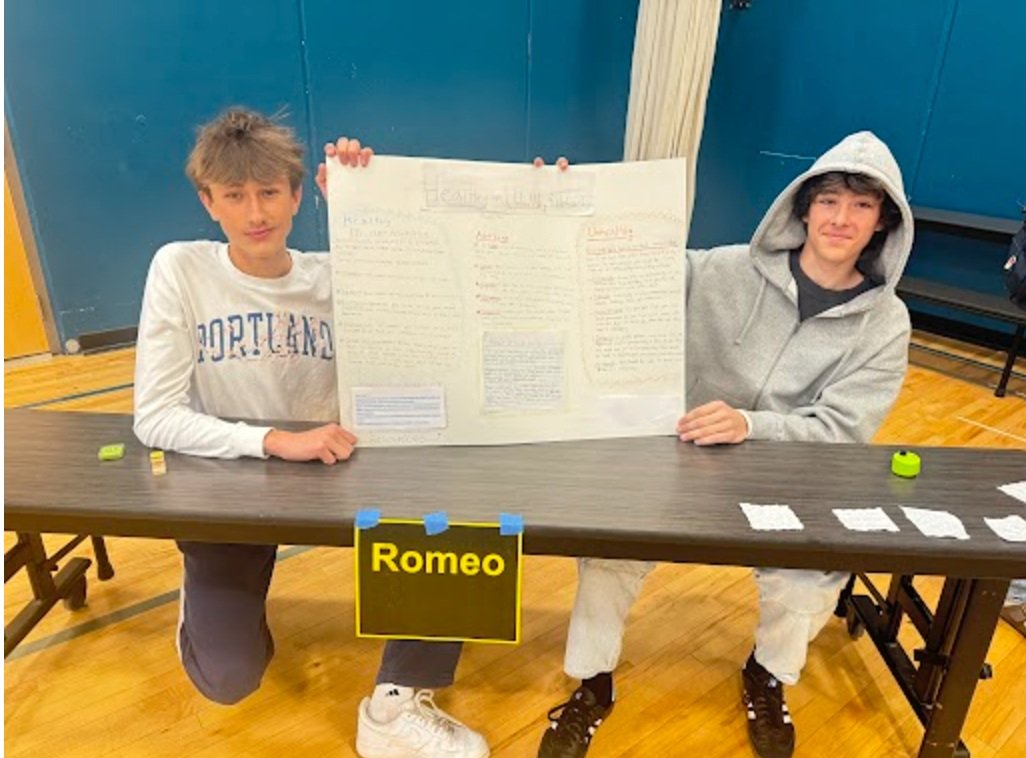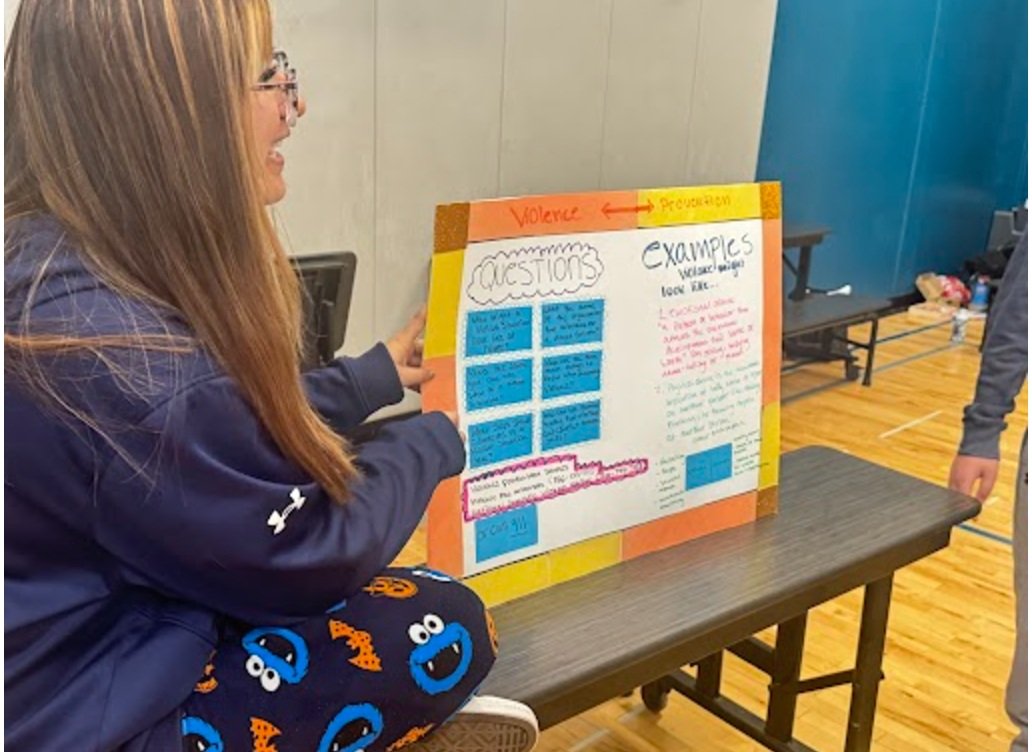written by David Núñez, Head of School
Dear GRS Families,
I hope this letter finds you well as we begin to embrace the brighter days and new beginnings of Spring!
As we transition into this vibrant season, I wanted to share a few exciting updates and reminders with all of you. Spring is always a time for growth, renewal, and reflection, and we are busy preparing for some meaningful experiences ahead at Great River School.
Spring Key Experiences and Intensives
We’re gearing up for our Spring Key Experiences, and I’m thrilled about the rich opportunities our students will have. From the much-anticipated 7/8 Bike Trip to the engaging 3rd Grade Eagle Bluff experience, the adventures ahead will foster learning and growth in ways that extend beyond the classroom. Our team is working hard to ensure that these trips and programs are not only educational but also memorable and fun for our students. We’re also planning a variety of high school Spring Intensives, providing deep dives into specific subjects that will allow students to explore their passions and broaden their horizons.
The National School Lunch Program Update
As we look toward the spring and even next school year, I’m happy to report that we are continuing to participate in the National School Lunch Program, and our team has been, and will continue, working diligently to ensure that the program runs as smoothly as possible. Our goal is to continue to offer a nutritious and free lunch program for every student, and we’re always excited to bring this to life in a way that stays true to our community’s values.
Blue Heron Bash
Mark your calendars! Our annual Blue Heron Bash will be held on April 26th, and it promises to be an evening filled with joy, community, and celebration. We are grateful to everyone who contributes to making this event such a success, and we can’t wait to gather together to celebrate the incredible work our school community continues to do. Be sure to visit our website for more details on ticket sales and how to be involved.
Thank You for Your Support
I’d also like to take a moment to extend my deepest thanks to the caregivers who helped provide meals for our staff during conferences. Your support made a meaningful impact, and our staff greatly appreciated the care and generosity that went into those meals. Thank you for making our community even stronger.
As we move into Spring, I wish each of you a season filled with rejuvenation, joy, and plenty of moments to reflect on the incredible work our students are doing. Thank you for being an integral part of our school community.
Peace,
David
